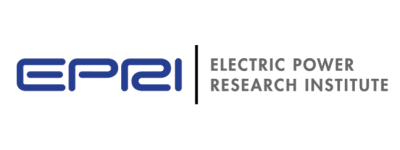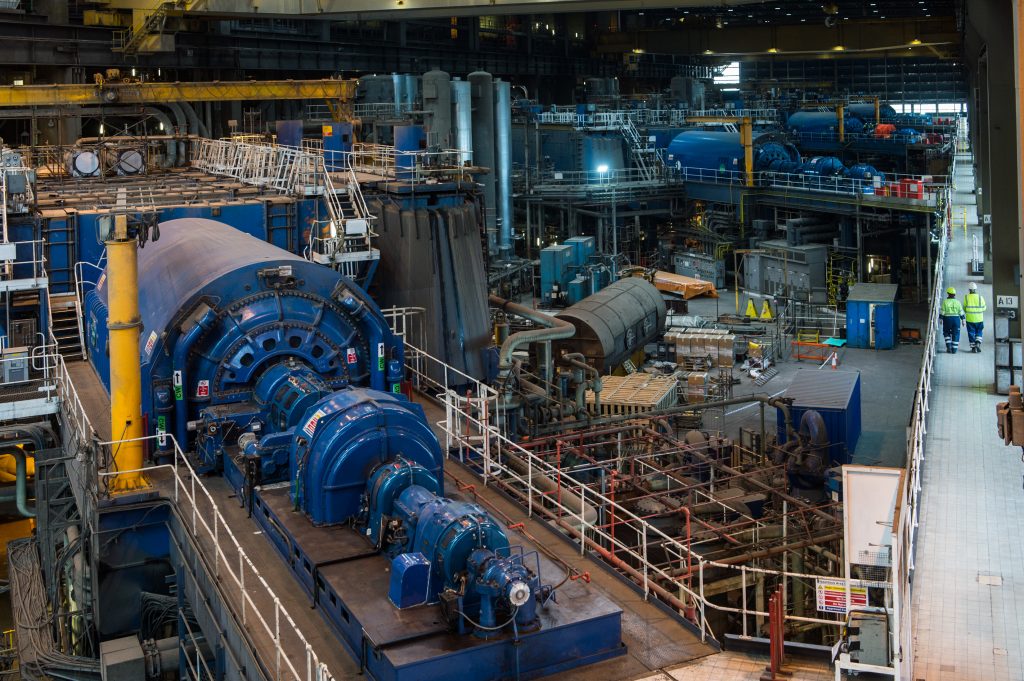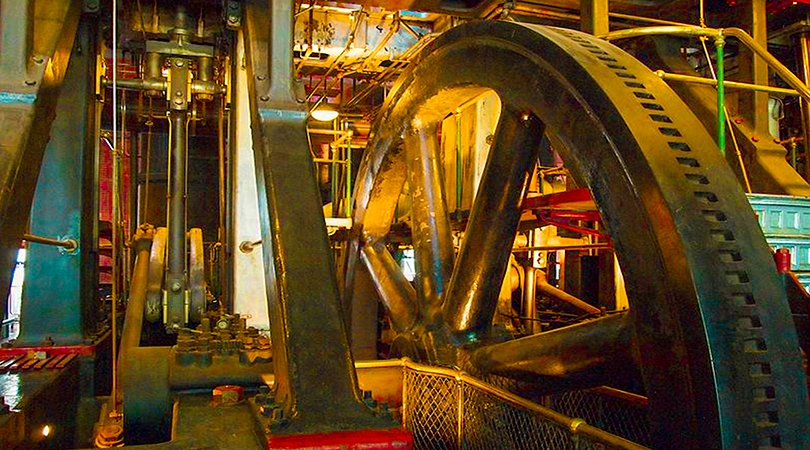Inertia and Grid Forming webinar
Inertia is a vital component of a stable electricity grid. Momentary imbalances between supply and demand are an inherent part of a flexible network, occur on time scales where prime mover adjustment is infeasible, and must be accounted for is reliable operation is to be achieved. In the thermal plant dominated grids of the past it was the kinetic energy of steam turbine rotors that acted as a reserve to smooth out imbalances. As this resource is eroded through decarbonisation, many are asking how grid stability can be maintained. There are many technological solutions, many grid phenomena that, until now, have been neglected, and many economic factors that must be considered. How to best answer the important question of grid inertia is still very much open and optimum solutions will likely be as varied as the make-up of electricity grids we see across the planet.
This event ‘System Inertia Providers and Grid Forming Inverters: Modelling, Control, and Application’ is the third in a series of annual events organised in collaboration between EPRI and the University of Nottingham. This event invites stakeholders from academia and industry to discuss technical, organisational, and economic aspects of the inertia question.
This year’s event will include talks around two thematic areas, namely the broad topic of grid inertia and the specific topic of grid forming inverters. Contributions from administrative bodies and analysts will explore how inertia technologies can be incentivised and what the repercussion are for the rest of the market. Speakers from the National Grid, ESB, Simens Energy, Reactive Technologies, RTE, AEMO, Hawaiian Electric, and SGRE have confirmed their attendance.
This FREE online event, which is taking place on 22nd March 2022, invites a diverse international audience to discuss the wide spectrum of reactions and approaches to Grid Inertia, with a view to starting the conversation on grid inertia. The day will comprise of a series of talks from both industry and academia, culminating in a panel discussion. Talks will discuss emerging technologies as well as developing market place models.
Inertia and Grid Forming event programme
| Time (UK time) | Topic | Presenter |
| 1:00PM–1:05PM | MC Introduction | |
| 1:05–1:25 (20MIN) | Scene Setting | Solomon Brown (Sheffield University) |
| 1:25–1:40 (15MIN) | System Operator | Ben Gommersall (National Grid) |
| 1:40–1:55 (15MIN) | Inertia Hardware | Ruairi Costello (ESB) |
| 1:55–2:10 (15MIN) | Inertia Hardware | Vijay Shinde (Siemens Energy) |
| 2:10–2:25 (15MIN) | Software (TBD title) | Brian Berry (Reactive) |
| 2:25–2:35 (10MIN) | Coffee Break | |
| 2:45–3:00 (15MIN) | Research Collaboration | EPRI |
| 3:00–3:15 (15MIN) | Research Collaboration | Thibault Prevost (RTE) |
| 3:15–3:30 (15MIN) | System Operator | Nilesh Modi (AEMO) |
| 3:30–3:45 (15MIN) | System Operator | Li Yu (Hawaiian Electric) |
| 3:45-4:00 (15 MIN) | Grid Forming Technology | Elena Salz (SGRE) |
| 4:00-4:30 (30 MIN) | Panellist Session & Finish |
Event sponsors


As large amounts of renewable energy generation are introduced to electrical grids and fossil-fuelled plants close down, the energy system loses the short-term storage provided by the huge spinning rotors of the power stations.
Want to work with us?
For more information about this event, or if you are a company and would like to discuss ideas related to this topic, please contact Professor Seamus Garvey at the University of Nottingham.
An enhanced flywheel system would be much cheaper than a battery based equivalent. It turns out after all that some new problems have some excellent old solutions.
Professor Seamus Garvey, University of Nottingham

